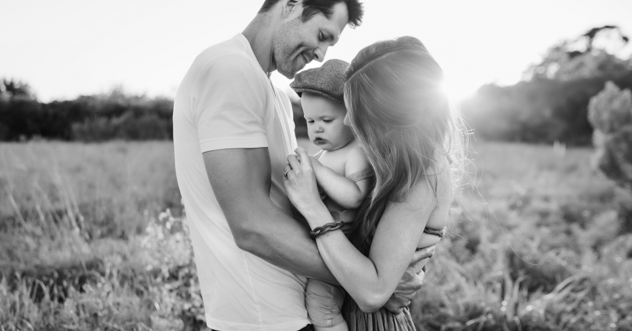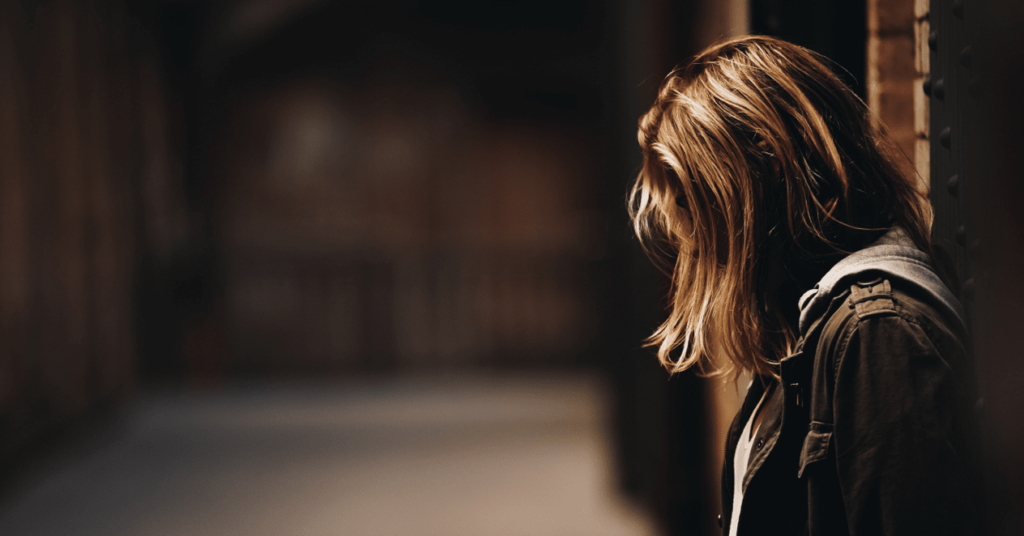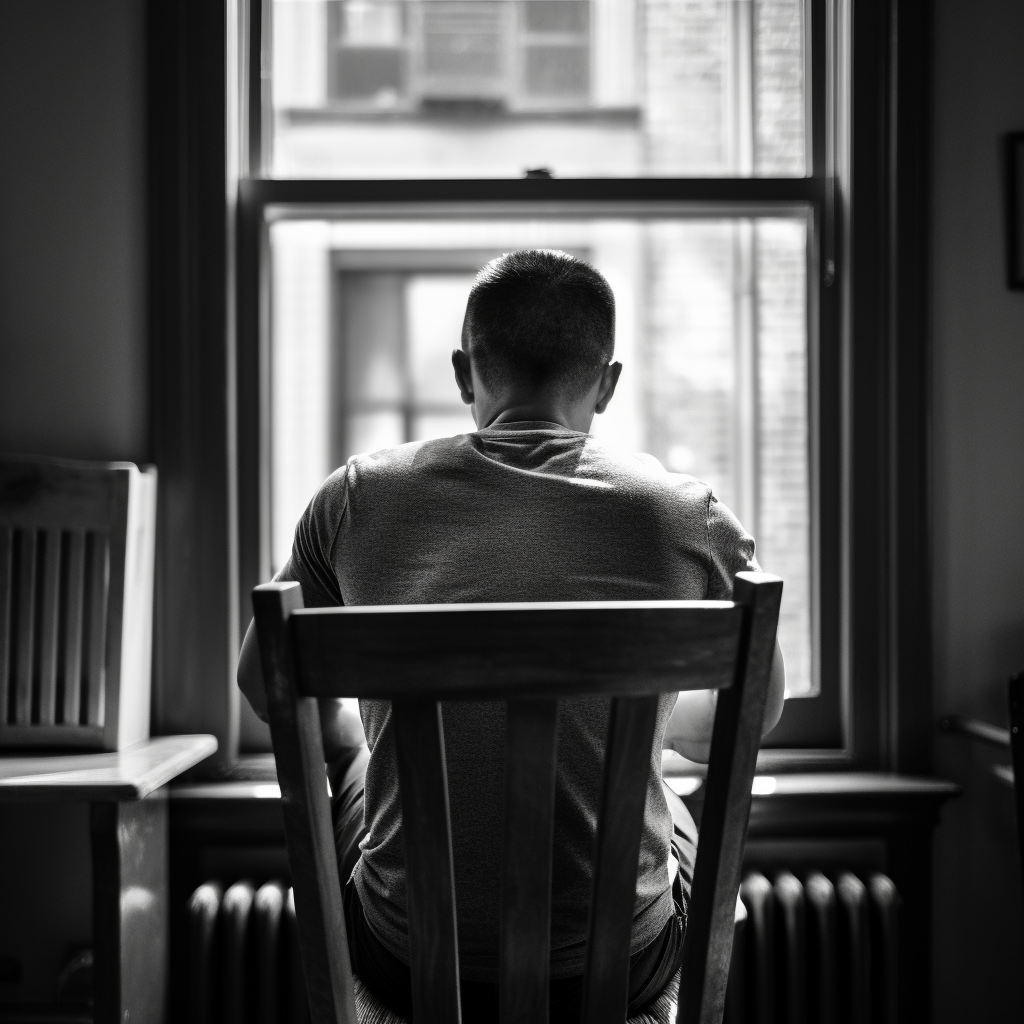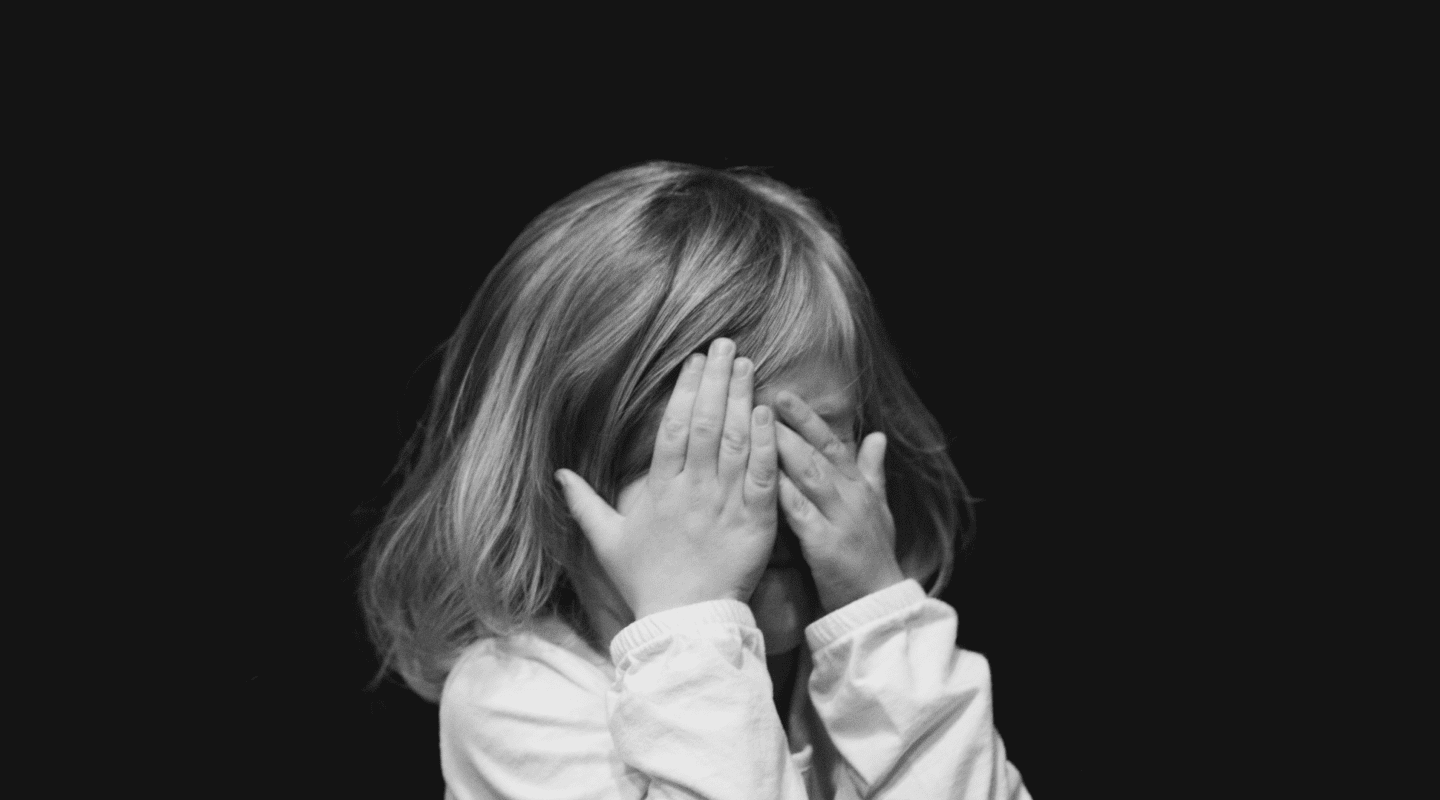
The effects of sexual abuse in childhood can be long-lasting, with adult survivors three to four times more likely to develop PTSD, depression, and other mental health concerns.
These results can make everyday life difficult — for children and adults. This creates a need for resources outside the readily (and often easily affordable) available. Civil lawsuits can help survivors find justice that can help solve these problems by securing funds to access the treatment or assistance needed.
What Is Childhood Sex Abuse?
Childhood sexual abuse is any kind of sexual contact with a minor. Anyone under 18 cannot consent to sexual interactions with adults. Sexual abuse does not need to be physical in order to be abusive and illegal. Contact sexual abuse could include fondling, intercourse, and sex of any kind. Non-contact sexual abuse can include exhibitionism, masturbation in front of a minor, involvement in images of sexual childhood abuse, and sex trafficking.
Signs of Childhood Sexual Abuse
Childhood sex abuse can happen to a wide range of people, and every case can present differently. By no means is this list exhaustive or representative of every case. Symptoms are often categorized into several categories, including emotional, physical, and behavioral signs.

Emotional Sexual Abuse:
- Depression (withdrawal, low-energy, frequent crying, low self-esteem, hopelessness)
- Anxiety (nightmares, panic attacks)
- Anger (irritability, hostility)
Physical Sexual Abuse:
- Stomach pain or aches
- Signs of eating or sleeping much less/more than usual
- Signs of trauma around the genital area (bruising, blood), sheets, underwear
- Sexually transmitted infections (STIs)
Behavioral Sexual Abuse:
- Isolating or not wanting to be left alone
- Unusual discussion or knowledge of sexual topics, especially for the age or scenario
- Regressive behaviors like bedwetting or thumbsucking
- Not wanting to bathe or change clothes
- Acting fearful of certain individuals or not wanting to be separated from others
Mandated Reporting: What To Know
Mandated reporters are legally required to report abuse or neglect of vulnerable people (children, the elderly, etc) to the authorities. Typically, this includes teachers and childcare providers, social workers, clergy members, healthcare workers, law enforcement, and more.

In most states, reporters are protected by immunity when they report in good faith and often these reports are anonymous. The Federal Child Abuse Prevention and Treatment Act (CAPTA) has general rules but every state can have slightly different rules about who is a mandated reporter. Some states require everyone, no matter in what profession, to report suspected abuse.
You do not have to suffer alone. Remember, healing is possible.
Resources for Adult Survivors of Childhood Sex Abuse
Even if the childhood abuse ended in the past, the emotional effects can last well into adulthood. Adults may face emotional struggles like post-traumatic stress disorder (PTSD), difficulty in maintaining personal relationships or meeting professional goals, and grappling with substance abuse or alcoholism.
These problems may be exasperated when the perpetrator goes free. If you never reported your abuser, you’re not alone. According to research from the American Academy of Pediatrics, only 12% of childhood sex abuse cases are reported to the police. And if you did report, it’s highly likely your abuser was never put behind bars. RAINN reports that out of 1,000 sexual abusers, 975 never see jail time.
Resources for Family of Child Sex Abuse Survivors
Familiarizing oneself with the signs of childhood sexual abuse is the start of protecting children from abuse. Staying involved in a child’s life, including monitoring who they are with and when can help as well. However, no matter how vigilant parents and guardians are, sometimes evil things still happen. It can be particularly difficult when the abuse happens with the adults we are supposed to be able to trust — sports coaches, teachers, clergy members, medical personnel, and more.
Supporting children through this difficult time is essential, and you don’t have to do it alone. Licensed mental healthcare professionals and other medical providers can guide your family.
Get started by contacting some of the organizations below:
Who May Be Liable in a Childhood Sex Abuse Case?
The person directly behind the abuse can be held liable for their actions, but oftentimes these individuals don’t act alone. Groups like religious organizations, scouting groups, medical facilities, and more can be equally at-fault. Such large institutions can allow abuse to go on, enabling the abuser, silencing the victim, or obstructing justice. Since these groups are so big, it can feel intimidating to challenge them and they rely on this to continue their actions.
But just like they have strength in numbers, so do we.
Transform your pain into your greatest strength
Legal Rights for Childhood Sex Abuse Survivors
Many abusers go free, but that doesn’t mean they will go forever unpunished. While they might not have faced justice in the criminal system, they can still be prosecuted civilly. In civil courts, survivors of sexual abuse can go after their abuser for financial compensation. These funds can help procure the necessary resources for healing, including mental health care, rehabilitation, and physical therapy. Funds may be used to compensate for lost wages due to the long-reaching effects of CSA or help procure housing or other necessities.

What is the Statute of Limitations on Childhood Sexual Abuse?
If you didn’t report your childhood sexual abuse immediately, you might still have time to seek justice. Each state has their own rules regarding the statute of limitations for civil cases. However, this statute does not apply if DNA evidence becomes available.
Beyond that, some states are creating new lookback windows, providing more time for survivors to process their abuse and decide which plan of action to take. Take a look at the National Conference of State Legislature’s State Civil Statutes of Limitations in Child Sexual Abuse Cases guide to find out more about your rights. You can also give us a call if you need someone to advise you or advocate for you.


